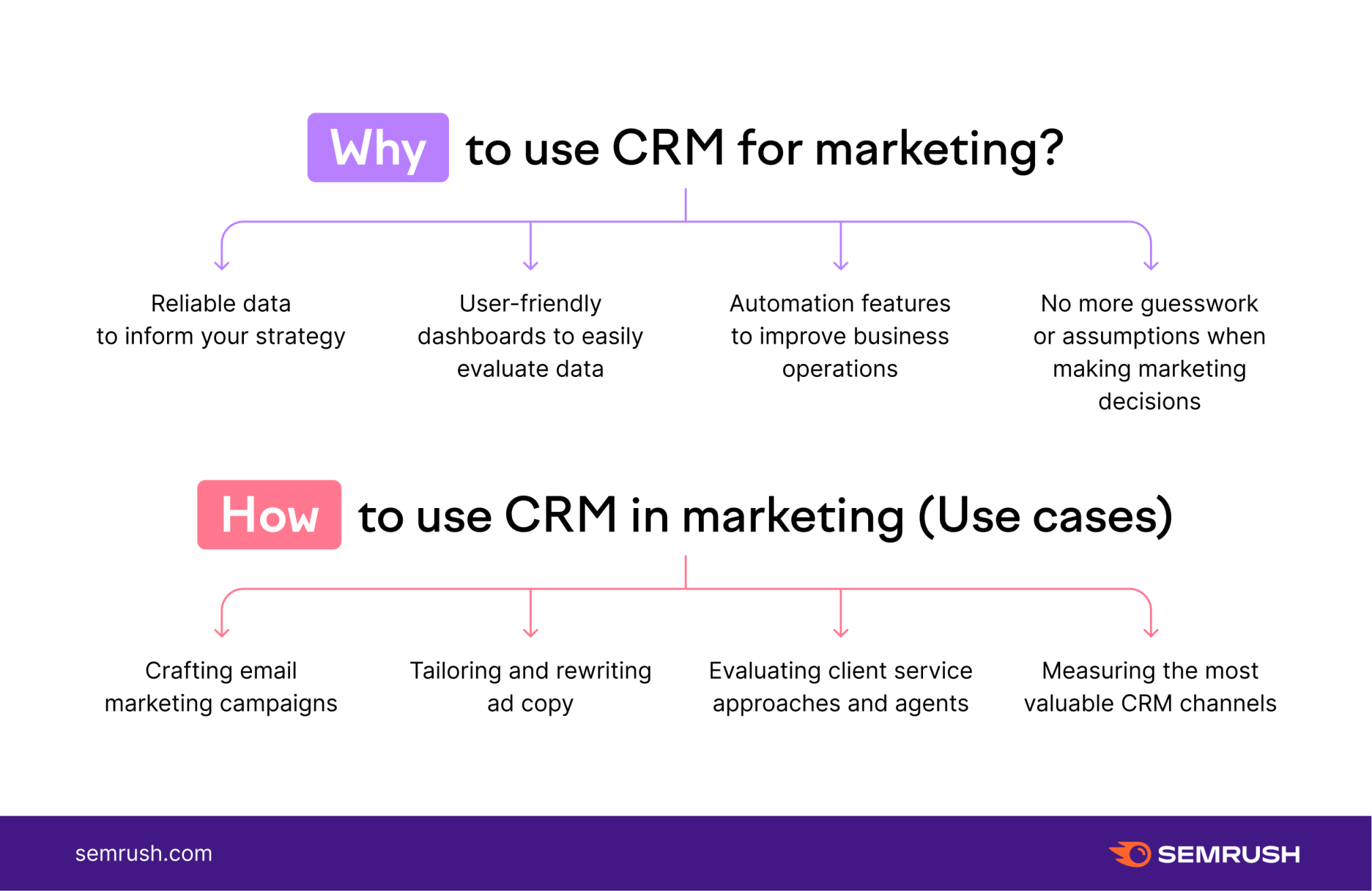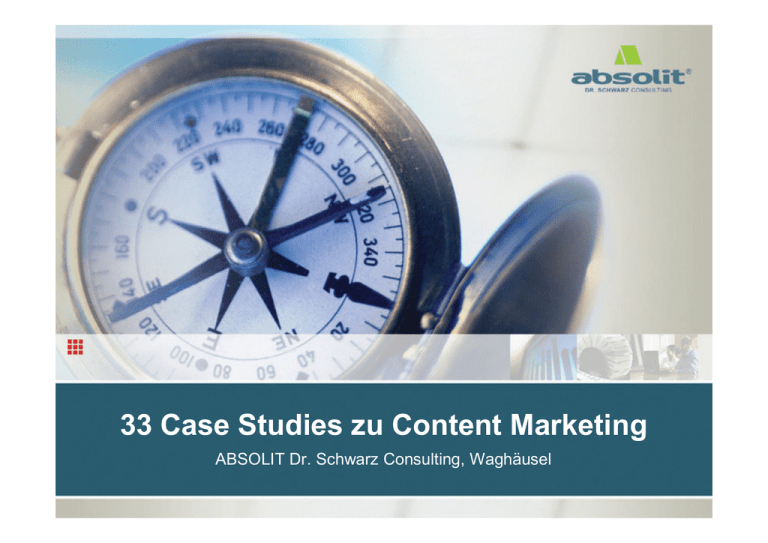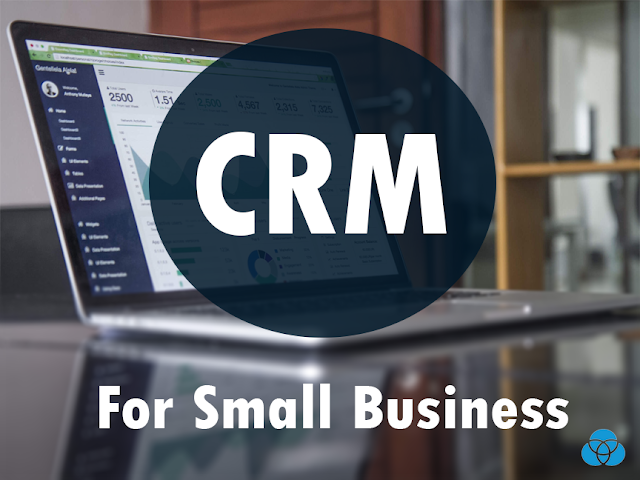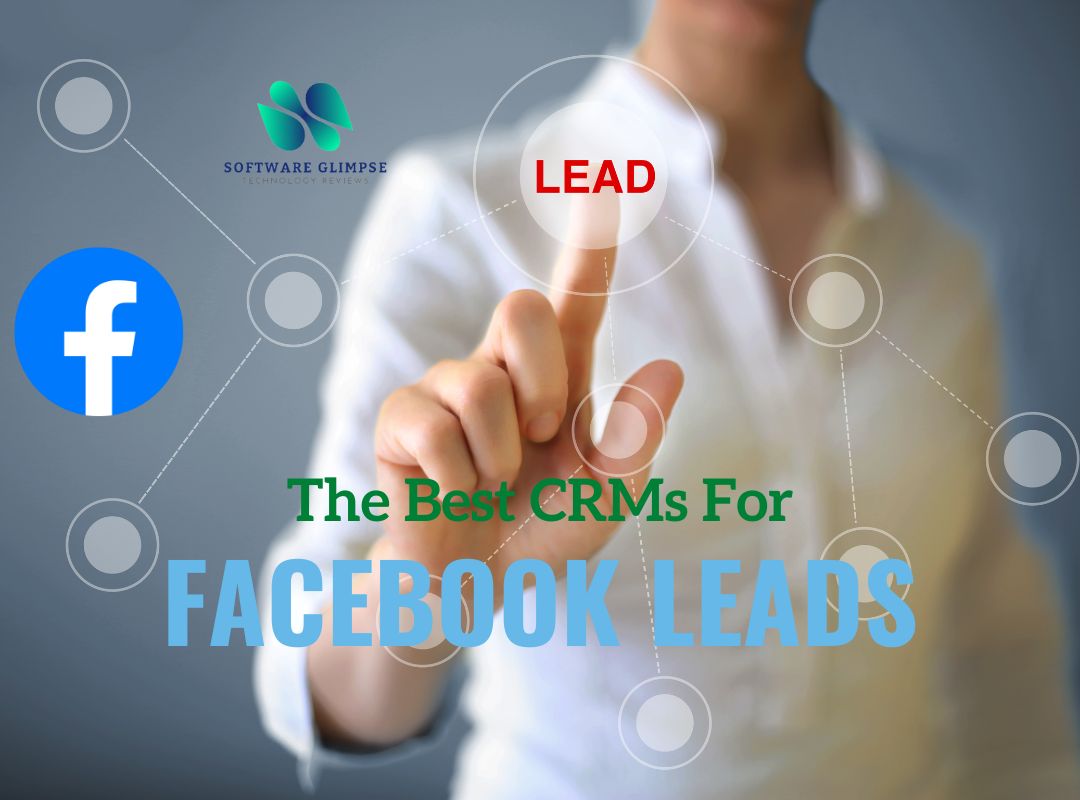Level Up Your Podcast: The Ultimate CRM Guide for Small Podcasters in 2024
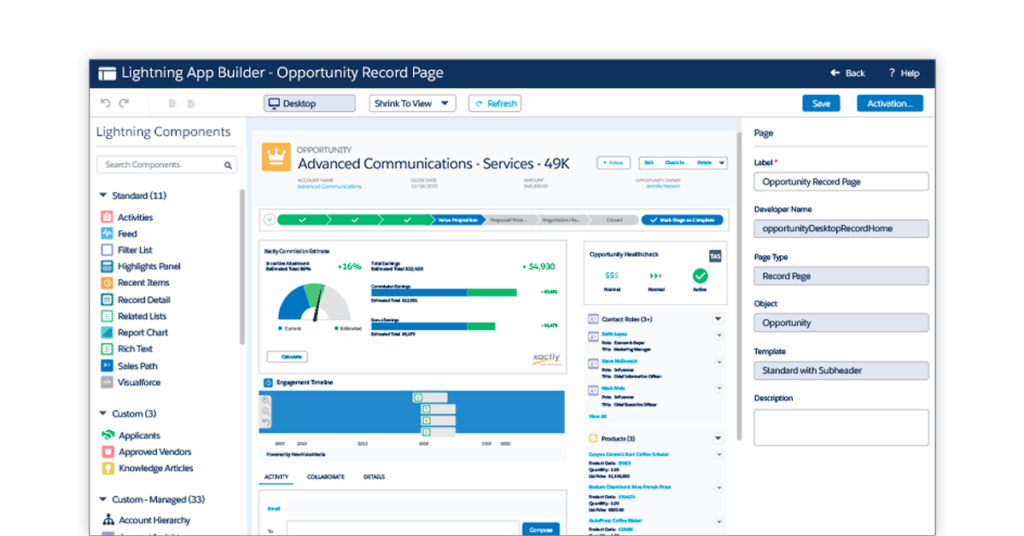
Level Up Your Podcast: The Ultimate CRM Guide for Small Podcasters in 2024
So, you’ve poured your heart and soul into your podcast. You’ve got a killer concept, a captivating voice (or voices!), and a growing audience. Congratulations! But let’s be real, managing a podcast is a multifaceted beast. It’s not just about recording and hitting publish. It’s about nurturing your audience, attracting sponsors, tracking your progress, and, ultimately, turning your passion into a sustainable endeavor. That’s where a Customer Relationship Management (CRM) system comes into play. But not just any CRM. You need the best CRM for small podcasters – one that understands the unique challenges and opportunities of the audio world.
This comprehensive guide will dive deep into the world of CRMs, specifically tailored for small podcasters. We’ll explore why you need one, what features to look for, and, most importantly, the top contenders that can help you streamline your workflow, boost engagement, and grow your podcast empire. Get ready to transform your podcast from a hobby into a thriving business.
Why Podcasters Need a CRM: More Than Just a Fancy Address Book
You might be thinking, “Do I really need a CRM? I’m just a small podcaster.” The short answer? Absolutely! Think of a CRM as your podcast’s central nervous system. It’s where you store, organize, and manage all the critical information that fuels your success. Here’s why a CRM is indispensable for small podcasters:
- Audience Management: A CRM allows you to collect and organize listener data – email addresses, social media handles, demographics (if you gather this information through surveys or contests), and any other relevant details. This enables you to segment your audience and personalize your communication, leading to higher engagement rates.
- Sponsor Outreach & Management: Looking for sponsors? A CRM helps you track potential sponsors, manage communication, monitor proposal progress, and keep all the details in one organized location. It’s invaluable for keeping track of deadlines, deliverables, and payment schedules.
- Guest Management: If you have guests on your show, a CRM is perfect for storing their contact information, managing interview schedules, and tracking post-interview follow-ups. It ensures you stay organized and professional.
- Task Automation: Many CRMs offer automation features that streamline repetitive tasks, such as sending welcome emails to new subscribers, scheduling social media posts, and following up with potential sponsors. This frees up your time to focus on creating great content.
- Performance Tracking & Analytics: CRMs can integrate with your podcast hosting platform and other analytics tools to provide valuable insights into your audience growth, episode downloads, and website traffic. This data helps you make informed decisions about your podcast strategy.
- Improved Communication & Collaboration: If you have a team (even a small one), a CRM provides a central platform for communication and collaboration. Everyone stays on the same page, reducing the risk of missed opportunities and miscommunication.
Key Features to Look for in a CRM for Podcasters
Not all CRMs are created equal. When choosing a CRM for your podcast, you need one that caters to your specific needs. Here are the essential features to look for:
- Contact Management: This is the foundation of any CRM. It should allow you to easily store, organize, and access contact information for listeners, sponsors, guests, and other stakeholders. Look for features like custom fields to capture specific data relevant to your podcast (e.g., “favorite episode,” “social media handle”).
- Email Marketing Integration: Email marketing is crucial for engaging your audience. Your CRM should seamlessly integrate with email marketing platforms like Mailchimp, ConvertKit, or ActiveCampaign. This allows you to segment your audience and send targeted email campaigns.
- Lead Management: If you’re actively seeking sponsors or partners, lead management features are essential. This allows you to track potential leads, nurture them through the sales process, and monitor your progress.
- Task Management & Automation: Look for a CRM that allows you to create tasks, set deadlines, and automate repetitive actions. This will save you time and ensure you stay organized.
- Analytics & Reporting: Choose a CRM that provides insights into your audience growth, engagement, and other key metrics. Customizable reports will help you track your progress and identify areas for improvement.
- Integration with Podcast Hosting Platforms: Some CRMs integrate directly with popular podcast hosting platforms like Libsyn, Buzzsprout, or Podbean. This allows you to track episode downloads, listener demographics, and other valuable data within your CRM.
- Social Media Integration: The ability to connect your CRM to your social media accounts is beneficial for managing your online presence and engaging with your audience.
- Mobile Accessibility: As a podcaster, you’re often on the go. Choose a CRM that offers a mobile app or a responsive web interface so you can access your data and manage your tasks from anywhere.
- Affordable Pricing: The best CRM is one that fits your budget. Look for options with flexible pricing plans that scale with your needs as your podcast grows. Many CRMs offer free trials or free plans for small businesses.
Top CRM Systems for Small Podcasters: The Contenders
Now, let’s dive into the specific CRM systems that are particularly well-suited for small podcasters. We’ll evaluate each based on its features, pricing, ease of use, and overall suitability for the podcasting world.
1. HubSpot CRM
Overview: HubSpot is a well-known and highly-regarded CRM platform, and for good reason. It offers a robust free plan that’s perfect for getting started, and its paid plans are scalable to accommodate growing businesses. HubSpot is known for its user-friendly interface and comprehensive features.
Key Features for Podcasters:
- Free CRM: HubSpot’s free CRM is incredibly powerful, offering contact management, deal tracking, task management, and basic email marketing features.
- Email Marketing: HubSpot’s email marketing tools are excellent, allowing you to create beautiful, targeted email campaigns.
- Marketing Automation: Automate repetitive tasks like sending welcome emails, following up with leads, and scheduling social media posts.
- Sales Tools: Manage potential sponsors and partners with HubSpot’s sales pipeline features.
- Integration: Integrates well with many other tools you’re already using
- Reporting & Analytics: Track your progress with HubSpot’s built-in analytics and reporting dashboards.
- Ease of Use: HubSpot is known for its intuitive interface and extensive knowledge base.
Pricing: HubSpot offers a free plan with substantial features. Paid plans start at a reasonable price and scale based on the features and contacts you need.
Pros:
- Free plan is incredibly generous
- User-friendly interface
- Comprehensive features
- Excellent email marketing tools
- Robust automation capabilities
Cons:
- Can be overwhelming for beginners due to the sheer number of features
- Some advanced features are only available in paid plans
2. Zoho CRM
Overview: Zoho CRM is another popular and versatile CRM platform that offers a free plan and affordable paid options. It’s a good choice for small podcasters who are looking for a cost-effective solution with a wide range of features.
Key Features for Podcasters:
- Contact Management: Comprehensive contact management features with custom fields.
- Lead Management: Manage potential sponsors and partners effectively.
- Workflow Automation: Automate tasks to save time and improve efficiency.
- Email Integration: Integrates with popular email providers.
- Sales Automation: Streamline your sales process with automated workflows.
- Reporting & Analytics: Gain insights into your audience and performance.
- Mobile App: Manage your CRM on the go with the Zoho CRM mobile app.
Pricing: Zoho CRM offers a free plan for up to 3 users. Paid plans are very affordable and scale with your business needs.
Pros:
- Very affordable pricing
- Feature-rich platform
- Good for sales and marketing
- Customizable workflows
Cons:
- The interface can be a little less intuitive than HubSpot
- The free plan has limitations
3. Agile CRM
Overview: Agile CRM is a user-friendly CRM that is particularly well-suited for small businesses and startups. It offers a free plan and affordable paid plans with a focus on sales and marketing.
Key Features for Podcasters:
- Contact Management: Easy-to-use contact management features.
- Email Marketing: Integrated email marketing tools.
- Marketing Automation: Automate email campaigns and other tasks.
- Sales Automation: Streamline your sales process.
- Helpdesk: Integrated helpdesk features for managing listener inquiries (if needed).
- Reporting & Analytics: Track your performance with dashboards.
- Mobile App: Access your CRM on the go.
Pricing: Agile CRM offers a free plan for up to 10 users. Paid plans are competitively priced.
Pros:
- User-friendly interface
- Affordable pricing
- Good for sales and marketing
- Helpdesk features
Cons:
- The free plan has limitations
- Reporting capabilities could be more advanced
4. Pipedrive
Overview: Pipedrive is a sales-focused CRM that’s known for its visual interface and intuitive pipeline management. It’s a great choice for podcasters who are heavily focused on securing sponsors and partners.
Key Features for Podcasters:
- Deal Tracking: Excellent visual pipeline management for tracking potential sponsors.
- Contact Management: Manage your contacts and track communication.
- Email Integration: Integrates with your email provider.
- Automation: Automate tasks like sending follow-up emails.
- Reporting & Analytics: Track your sales performance.
- Mobile App: Access your CRM on the go.
Pricing: Pipedrive offers affordable paid plans with a free trial.
Pros:
- Excellent visual pipeline management
- Sales-focused features
- Easy to use
Cons:
- Not as feature-rich as some other options
- Less focused on general marketing
5. Freshsales
Overview: Freshsales, from Freshworks, is a CRM with a strong focus on sales and customer service. It’s a good choice for podcasters who are looking for a well-rounded solution with sales and customer support features.
Key Features for Podcasters:
- Contact Management: Comprehensive contact management features.
- Lead Management: Manage potential sponsors and partners.
- Sales Automation: Automate your sales process.
- Email Tracking: Track email opens and clicks.
- Phone Integration: Make and receive calls directly from the CRM.
- Reporting & Analytics: Track your sales performance.
- Live Chat: Integrate live chat for listener support (optional).
Pricing: Freshsales offers a free plan and affordable paid plans.
Pros:
- Strong sales features
- Good for customer support (optional)
- User-friendly interface
Cons:
- The free plan has limitations
- Can be more expensive than some other options
How to Choose the Right CRM for Your Podcast
Choosing the right CRM is a crucial decision. Here’s a step-by-step process to help you find the perfect fit:
- Assess Your Needs: Before you start comparing CRMs, take some time to think about your podcast’s specific needs. What are your goals? What are your pain points? What features are essential? Make a list of your must-have features and nice-to-have features.
- Set a Budget: Determine how much you’re willing to spend on a CRM. Consider the cost of the CRM itself, as well as any potential costs for training, implementation, or integrations.
- Research Your Options: Research the CRMs mentioned above and any others that pique your interest. Read reviews, compare features, and explore pricing plans.
- Take Advantage of Free Trials: Most CRM providers offer free trials. Sign up for trials of the CRMs that seem like the best fit and test them out. Experiment with the features, explore the interface, and see how well they meet your needs.
- Consider Integrations: Think about which other tools you use for your podcast, such as your podcast hosting platform, email marketing software, and social media management tools. Make sure the CRM you choose integrates with these tools.
- Read Reviews: Search for reviews from other podcasters to get their real-world experiences with different CRMs.
- Prioritize User-Friendliness: Choose a CRM that’s easy to use. The more intuitive the interface, the more likely you are to actually use the CRM and leverage its features.
- Start Small and Scale: Don’t feel like you need to choose the most complex CRM right away. Start with a CRM that meets your basic needs and offers room to grow as your podcast evolves.
Tips for Successfully Implementing a CRM for Your Podcast
Once you’ve chosen a CRM, the real work begins: implementing it effectively. Here are some tips to ensure a smooth transition and maximize the benefits of your new CRM:
- Import Your Data: Gather all your existing contact information (listeners, sponsors, guests, etc.) and import it into your CRM. Make sure to organize your data and use custom fields to capture relevant details.
- Customize the CRM: Tailor the CRM to your podcast’s specific needs. Create custom fields, workflows, and reports to track the metrics that matter most to you.
- Train Your Team: If you have a team, make sure everyone is trained on how to use the CRM. Provide clear instructions and documentation.
- Establish Clear Processes: Define clear processes for how you’ll use the CRM. For example, how will you track potential sponsors? How will you manage guest communication?
- Automate Tasks: Take advantage of the CRM’s automation features to streamline your workflow. Automate email campaigns, task assignments, and other repetitive actions.
- Regularly Review and Update Data: Keep your CRM data up-to-date and accurate. Regularly review your contacts and remove any outdated information.
- Analyze Your Results: Regularly analyze your CRM data to track your progress and identify areas for improvement. Use the insights to refine your podcast strategy and optimize your efforts.
- Integrate with Other Tools: Connect your CRM with your other podcasting tools, such as your email marketing platform and podcast hosting platform, to create a seamless workflow.
- Be Patient: Implementing a CRM takes time and effort. Don’t get discouraged if you don’t see results immediately. Be patient, stay consistent, and continue to refine your processes.
The Future of Podcasting and CRM
The podcasting landscape is constantly evolving, and so are the tools podcasters use. As the industry grows, we can expect to see even more sophisticated CRM solutions emerge, specifically designed for the unique needs of podcasters. Here are some trends to watch out for:
- AI-Powered CRM: Artificial intelligence (AI) is already transforming many industries, and CRM is no exception. We can expect to see more AI-powered CRM features that automate tasks, provide insights, and personalize communication.
- Enhanced Integration: As podcasting platforms and other tools become more interconnected, we’ll see even tighter integration between CRMs and these platforms. This will streamline workflows and provide podcasters with more comprehensive data.
- Focus on Personalization: Personalization is key to engaging audiences. CRMs will continue to evolve to help podcasters personalize their communication and deliver targeted content to their listeners.
- Mobile-First Design: With podcasters often on the go, mobile-first design will become even more important. CRMs will offer more robust mobile apps and responsive web interfaces.
- More Affordable Solutions: As the market for podcasting tools grows, we can expect to see more affordable CRM solutions emerge, making them accessible to even more podcasters.
Conclusion: Level Up Your Podcast with the Right CRM
Choosing the right CRM is a game-changer for small podcasters. It’s an investment in your podcast’s future, helping you streamline your workflow, engage your audience, attract sponsors, and ultimately, grow your podcast into a sustainable business. By understanding your needs, researching your options, and implementing your CRM effectively, you can unlock the full potential of your podcast and achieve your goals.
So, take the plunge, explore the options, and find the CRM that’s the perfect fit for your podcast. Your audience, your sponsors, and your sanity will thank you for it!

